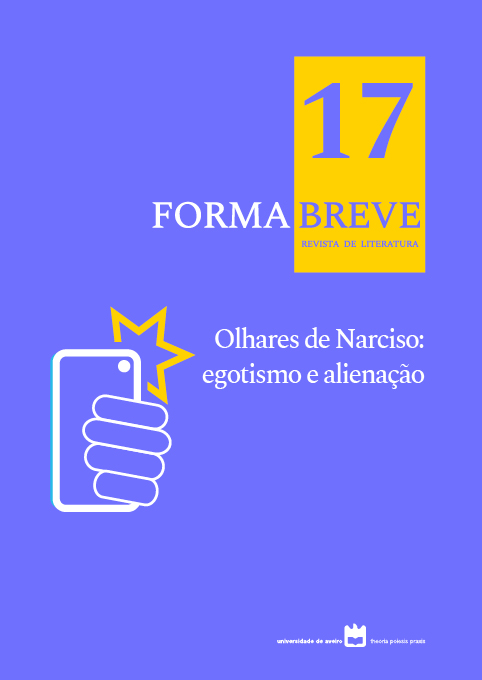Narciso. Una lectura antropológico-filosófica del mito como operador de sentido
Resumo
El artículo analizará el mito de Narciso desde una lectura antropológico-filosófica. Nos situaremos en la referencia mítica griega y romana, a fin de dar cuenta de la historia para detenernos en las consecuencias antropológicas de la actitud de Narciso.
El trabajo estará articulado en dos partes. En primer lugar, analizaremos la historia, conside- rando al mito como una fuente y un operador de sentido, para en un segundo momento analizar las consecuencias ético-antropológicas de la historia que nos llevan a postular el pensamiento nomádico como conjura de los riesgos del narcisismo.
El nomadismo implica un modo de dirigir la mirada al otro, de atender aquello que devuelve la realidad como tópos de reflexión, rescatando el asombro o la admiración por el par. El pensamiento nomádico es también aquel que sabe desterritorializarse del entorno subjetivo, clausurado y cerrado sobre sí mismo, para buscar en la intersubjetividad un espacio de acción común a partir de la mutua afectación.
Downloads
Direitos de Autor (c) 2021 María Cecilia Colombani

Este trabalho está licenciado com uma Licença Creative Commons - Atribuição 4.0 Internacional.








